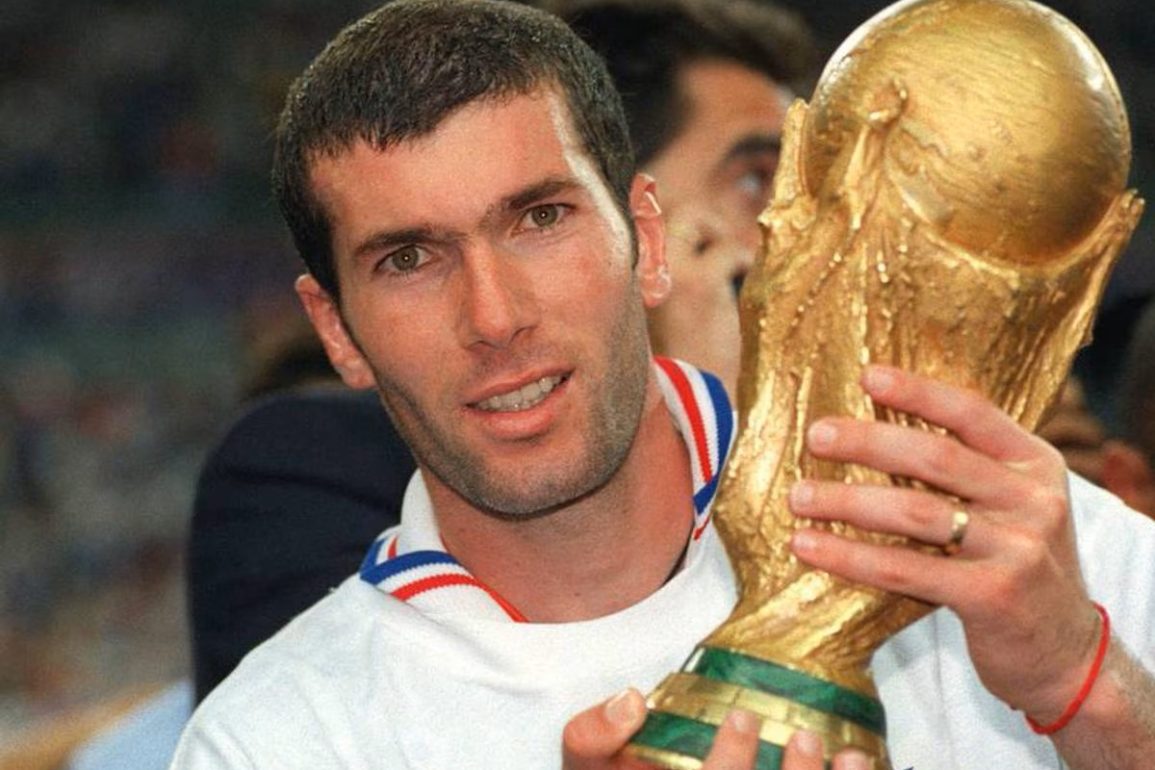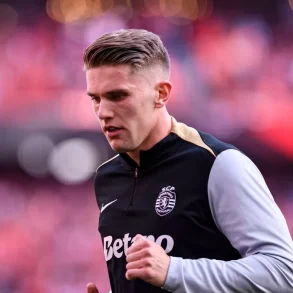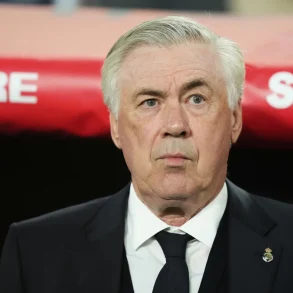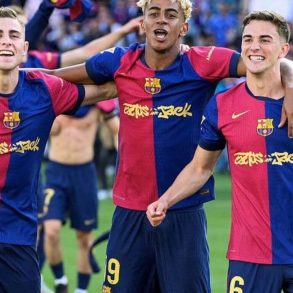Born in 1972 in Marseille, France, to Algerian immigrant parents, Zinedine Zidane grew up in the tough neighborhood of La Castellane. From an early age, his passion for football was evident, spending countless hours honing his skills on local pitches. His raw talent caught the attention of AS Cannes scouts, leading to his professional debut at just 17 years old. At Cannes, Zidane showcased remarkable vision and technical ability, setting the foundation for an extraordinary career.
Zinedine Zidane’s Journey From Bordeaux to Juventus Shaped His Legendary Career
Following his formative years at AS Cannes, Zidane moved to Girondins de Bordeaux in 1992, where he continued his meteoric rise. At Bordeaux, he refined his playmaking skills, demonstrating a unique blend of agility, dribbling, and precision passing. His standout performances in domestic and European competitions, particularly in the UEFA Cup, attracted the attention of top clubs.
Bordeaux’s victory in the 1995 UEFA Intertoto Cup marked an important milestone, positioning Zidane as one of the most promising midfielders in Europe.
In 1996, Zidane made a high-profile move to Juventus, one of Italy’s most prestigious clubs. Playing in Serie A, renowned for its tactical discipline and defensive solidity, he adapted quickly and thrived under the guidance of Marcello Lippi.
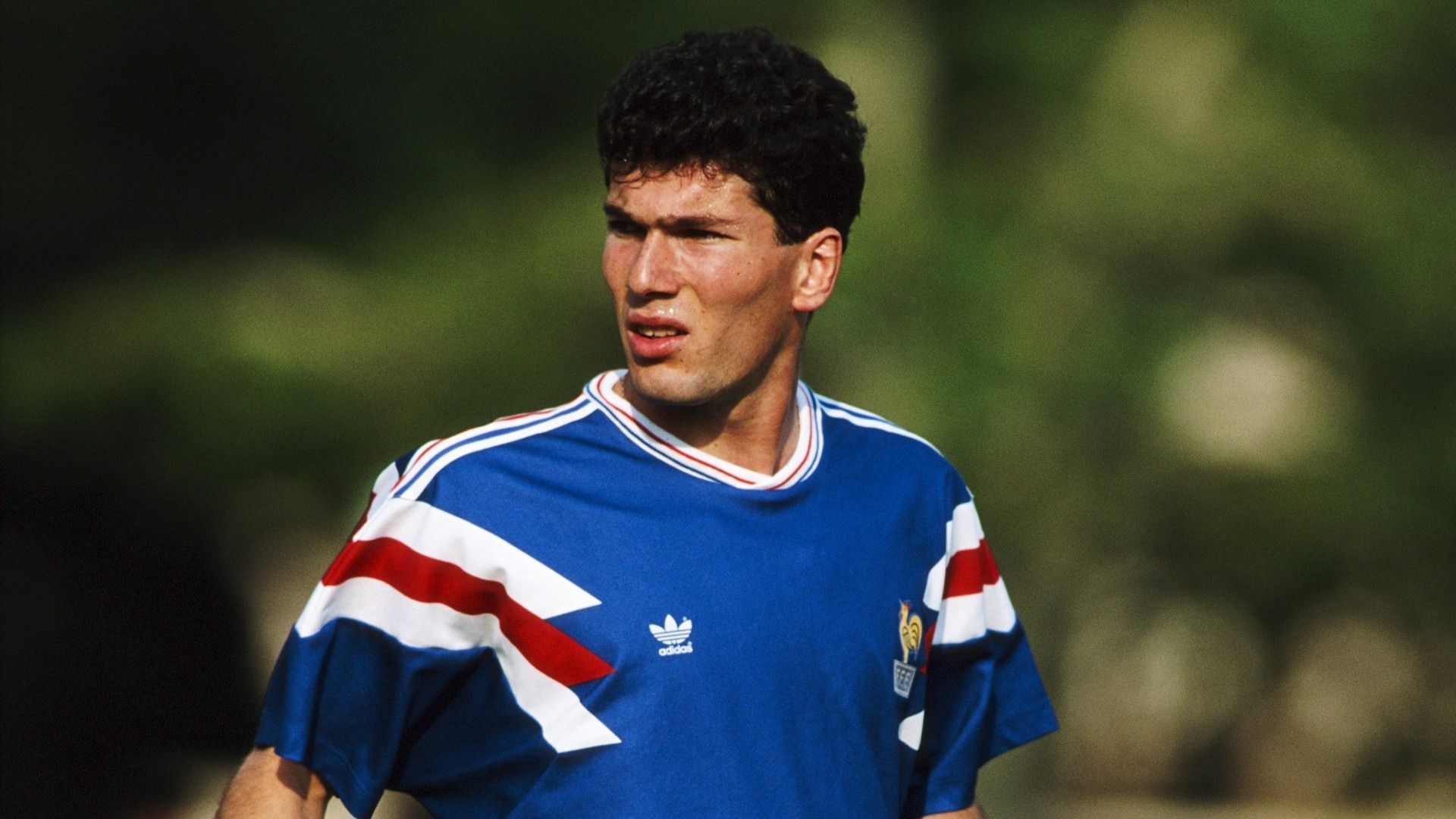
His ability to dictate play, break down defenses, and deliver clutch performances helped Juventus secure multiple Serie A titles and reach two UEFA Champions League finals. His partnership with Alessandro Del Piero and Edgar Davids further solidified his status as a world-class midfielder, making him one of the most feared playmakers in Europe.
Zidane’s impact on international football was just as profound as his club career. His defining moment came in the 1998 FIFA World Cup final when he scored two stunning headers against Brazil, securing France’s first-ever World Cup triumph. His performance cemented his legacy as a national hero.
Two years later, Zidane played a pivotal role in France’s victory at Euro 2000, showcasing his leadership and technical brilliance. His clutch performances, including a dramatic golden goal against Portugal, solidified his reputation as one of the greatest midfielders in history.
In 2001, Zidane joined Real Madrid for a then-world-record transfer fee, ushering in the era of the “Galácticos.” Playing alongside legends like Ronaldo Nazário, Luis Figo, and David Beckham, Zidane became the heartbeat of the team. His crowning moment at Madrid came in the 2002 UEFA Champions League final when he scored an iconic volley against Bayer Leverkusen, widely regarded as one of the greatest goals in football history. Zidane’s elegance and tactical intelligence made him a crucial figure in Madrid’s midfield, helping the team win La Liga and multiple domestic trophies.
Despite his numerous accolades, Zidane’s career is often remembered for his infamous headbutt on Marco Materazzi in the 2006 FIFA World Cup final. Playing his final professional game, Zidane had delivered a stellar performance, scoring a Panenka penalty against Italy.
However, in extra time, a verbal altercation with Materazzi led to Zidane headbutting the Italian defender, resulting in a red card. France eventually lost the final in a penalty shootout. While this incident remains a blemish on his career, it does not overshadow his immense contributions to the sport.
After retiring as a player, Zidane transitioned into coaching, initially working with Real Madrid’s youth setup before taking charge of the senior team in 2016. His appointment was met with skepticism, but he quickly silenced critics by guiding Real Madrid to three consecutive UEFA Champions League titles from 2016 to 2018—an unprecedented feat.
His tactical adaptability, man-management skills, and ability to inspire players like Cristiano Ronaldo and Luka Modrić cemented his status as one of the finest managers of his generation.
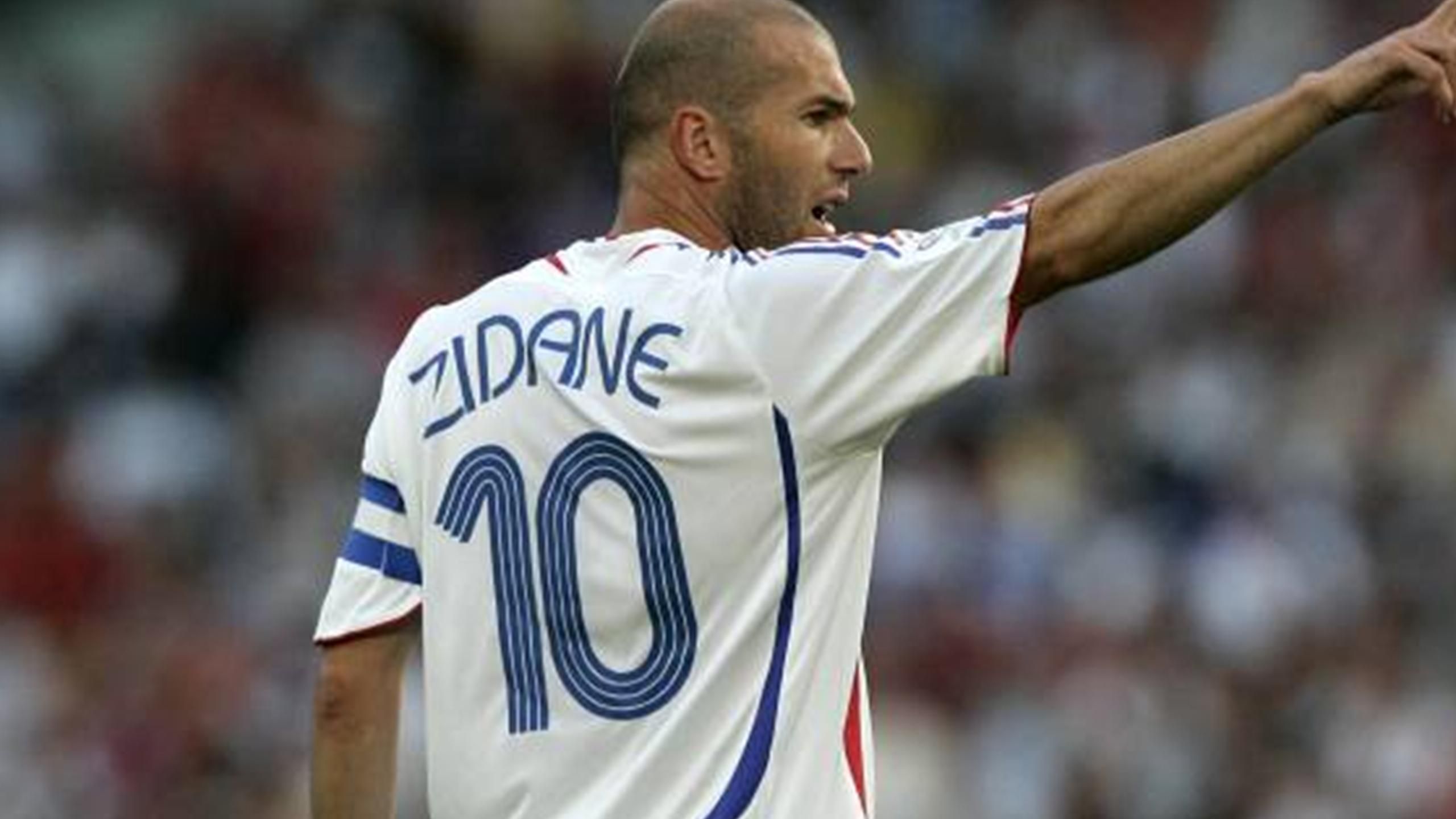
Zinedine Zidane a Tactical Mastermind and a Leader Beyond Football
Zidane’s coaching philosophy emphasizes fluid attacking play, disciplined defending, and player harmony. Unlike many tactical managers who rely on rigid formations, Zidane adapts his strategies to maximize his players’ strengths. His calm demeanor and ability to handle star-studded squads make him an ideal leader for elite clubs. Under his tenure, Real Madrid not only dominated Europe but also secured multiple domestic titles, reaffirming his tactical acumen and leadership prowess.
Off the pitch, Zidane is known for his philanthropic efforts. He has been actively involved in charitable causes, particularly in Algeria, where he has contributed to hospitals and schools. His humility and dedication to social causes highlight a side of him that goes beyond football. Zidane remains a role model for aspiring athletes, not just for his footballing genius but also for his values and integrity.
Zinedine Zidane’s legacy transcends generations. As a player, he epitomized grace, intelligence, and technical brilliance, earning a place among football’s greatest legends.
As a coach, he redefined success with his tactical acumen and leadership, achieving milestones few have matched. Despite the controversial end to his playing career, Zidane’s influence on football remains unparalleled. Whether on the field or the sidelines, “Zizou” continues to inspire millions, leaving behind a legacy that will be cherished for years to come.



